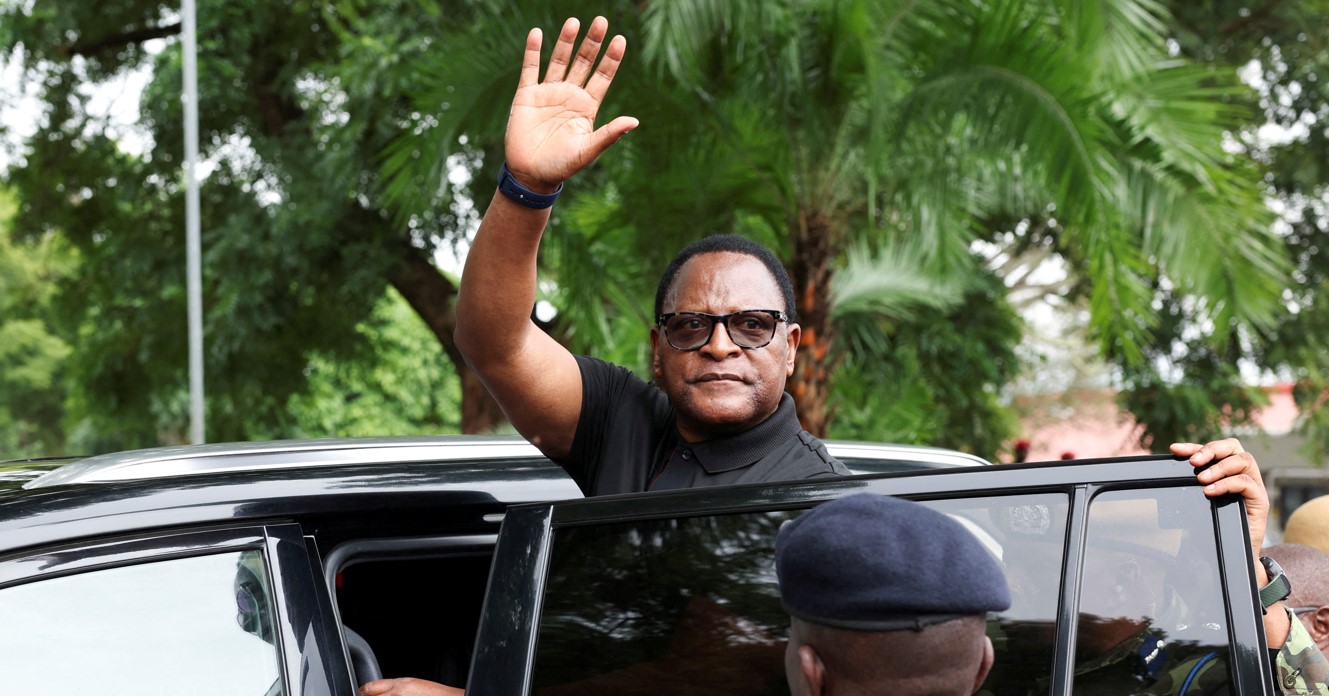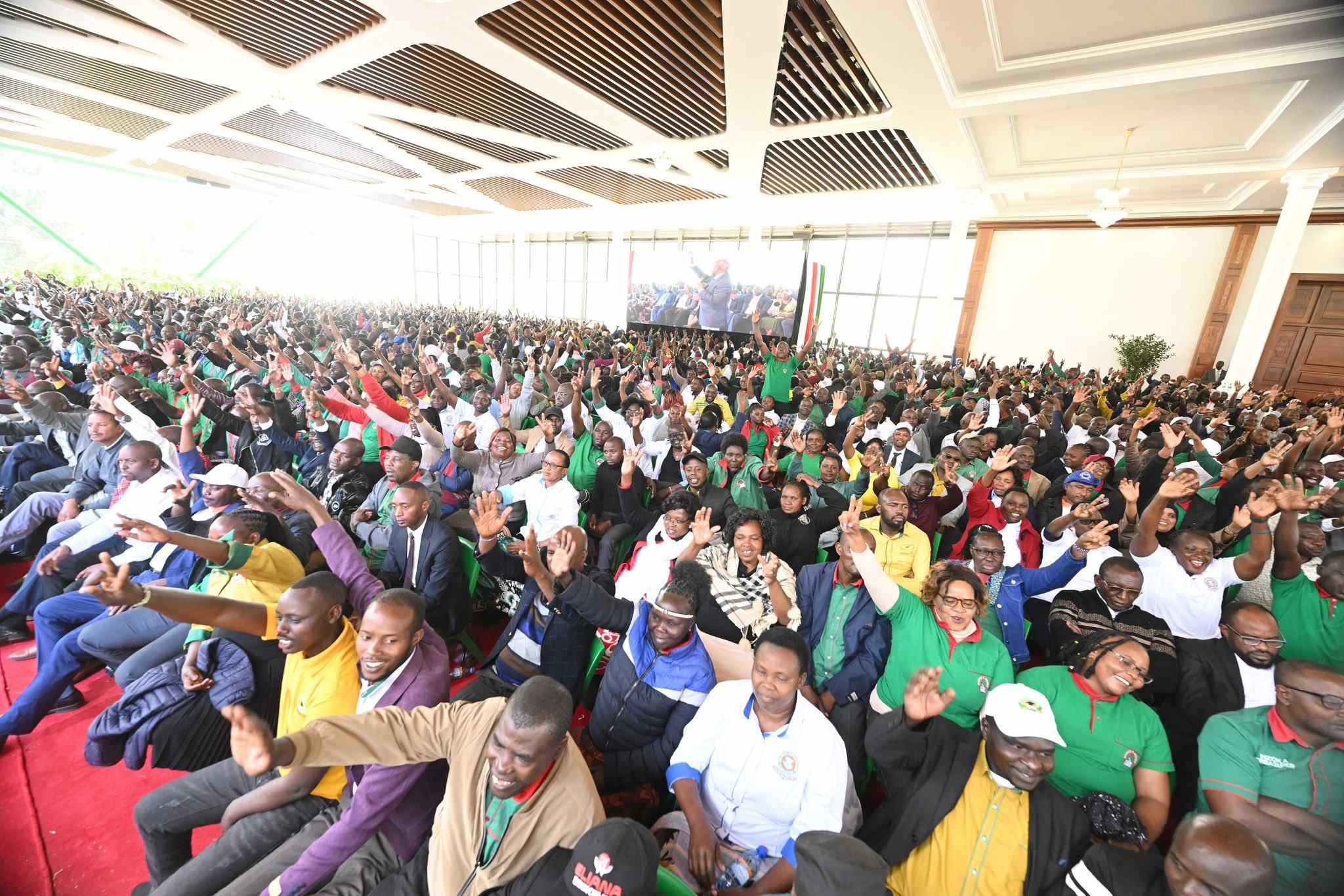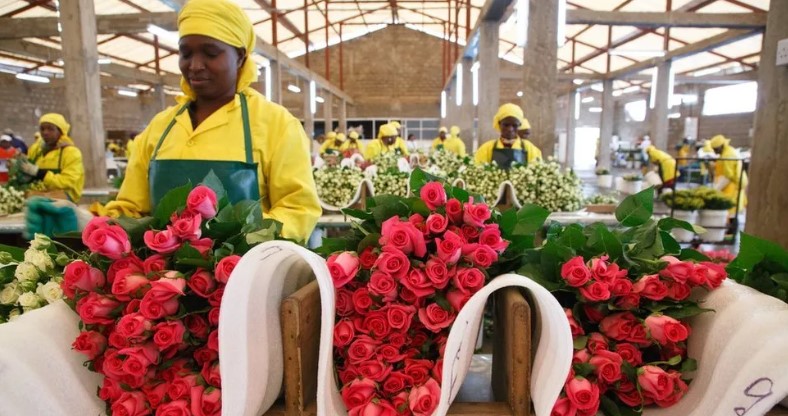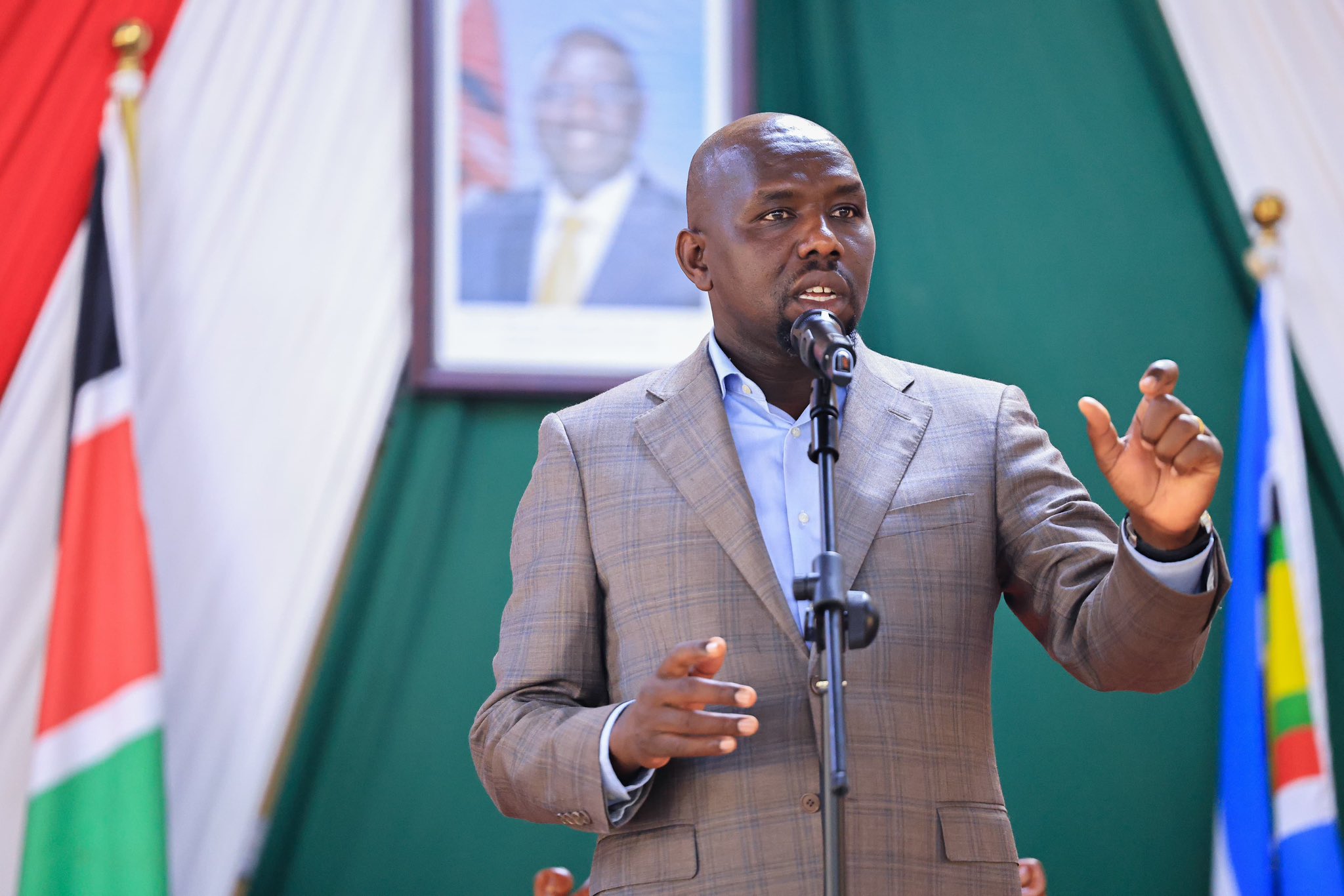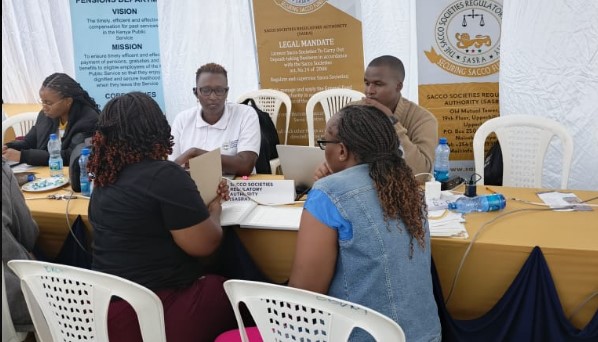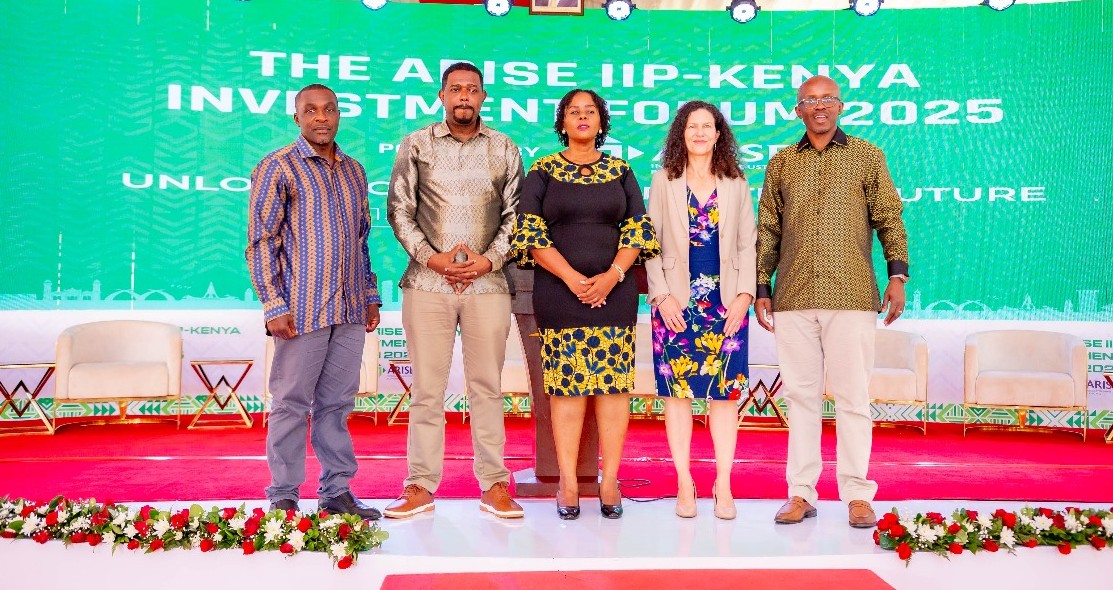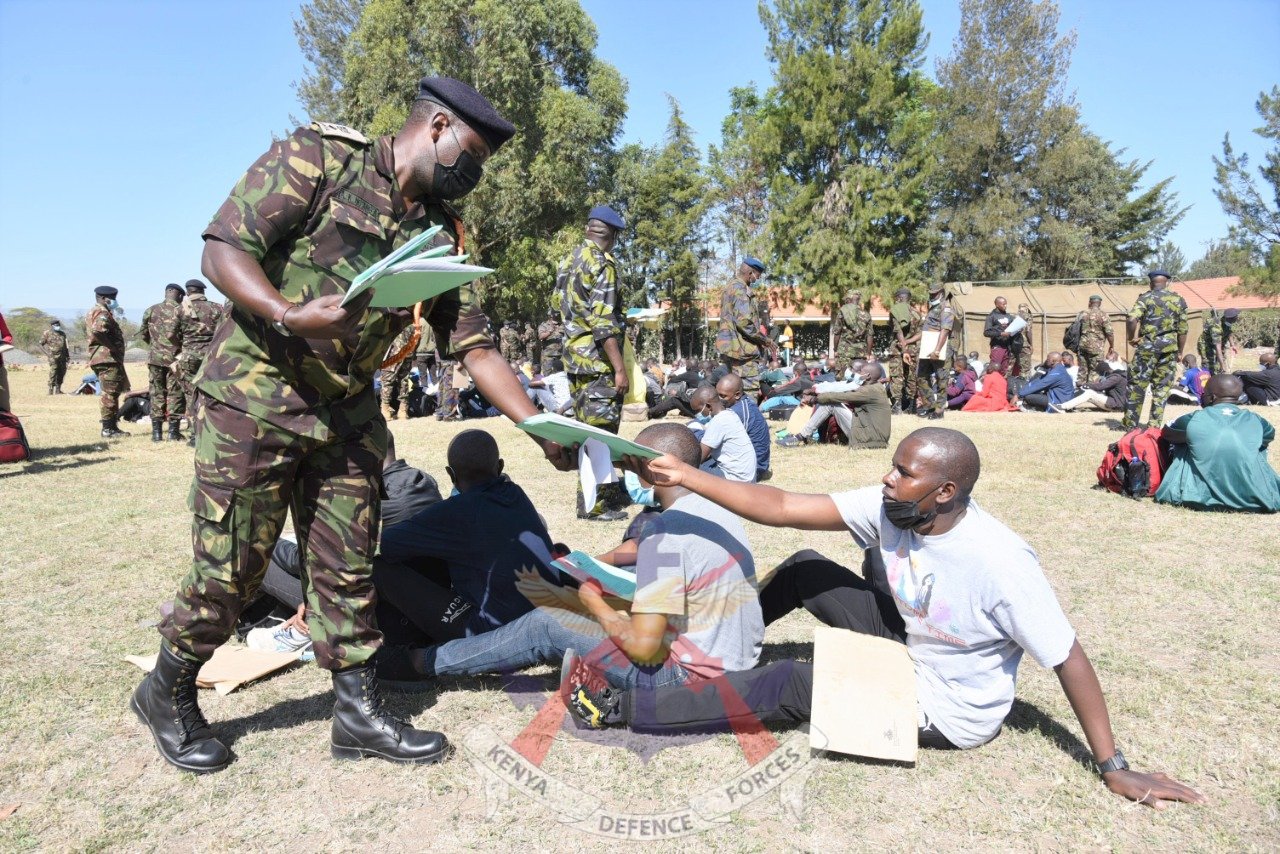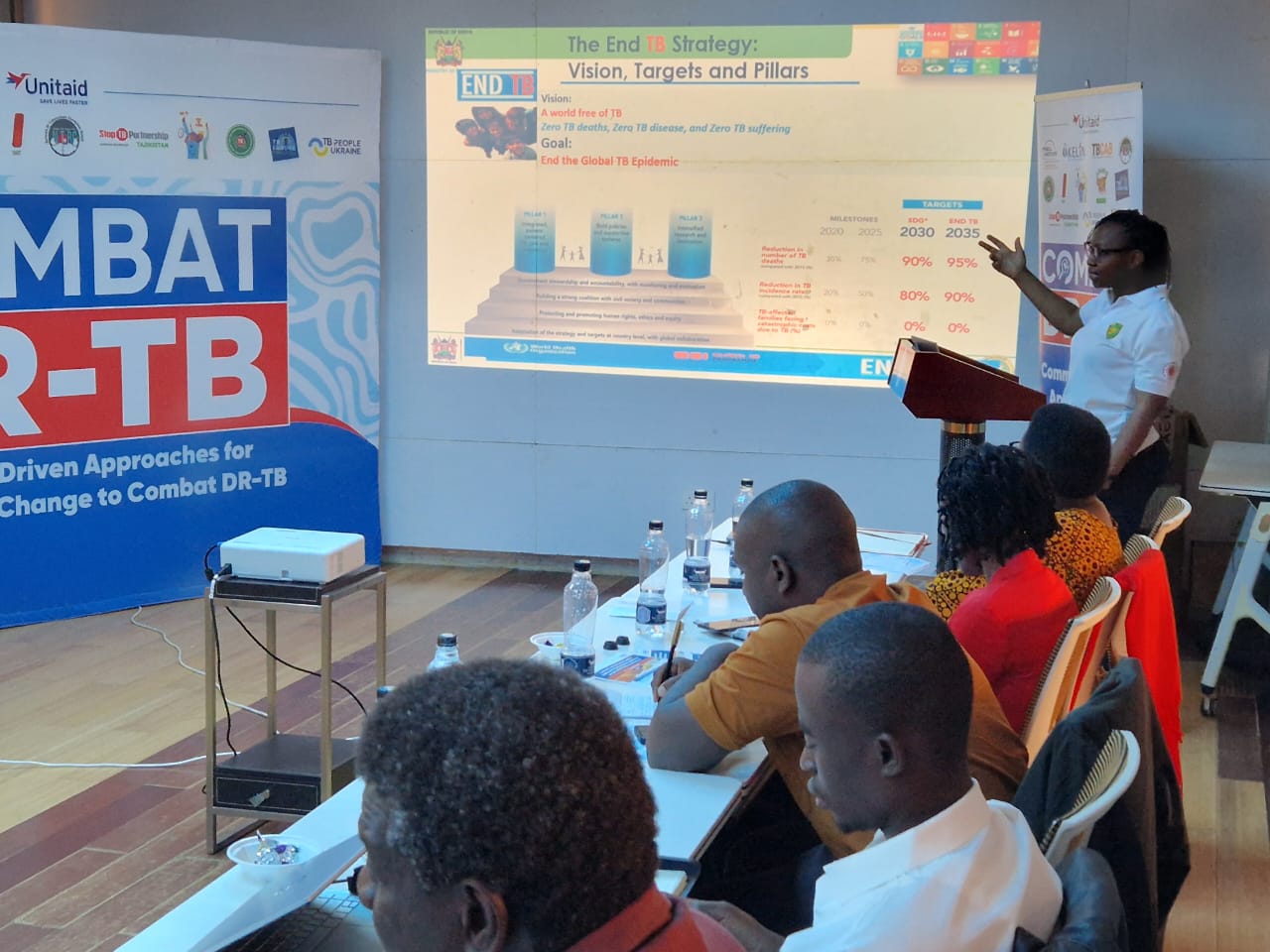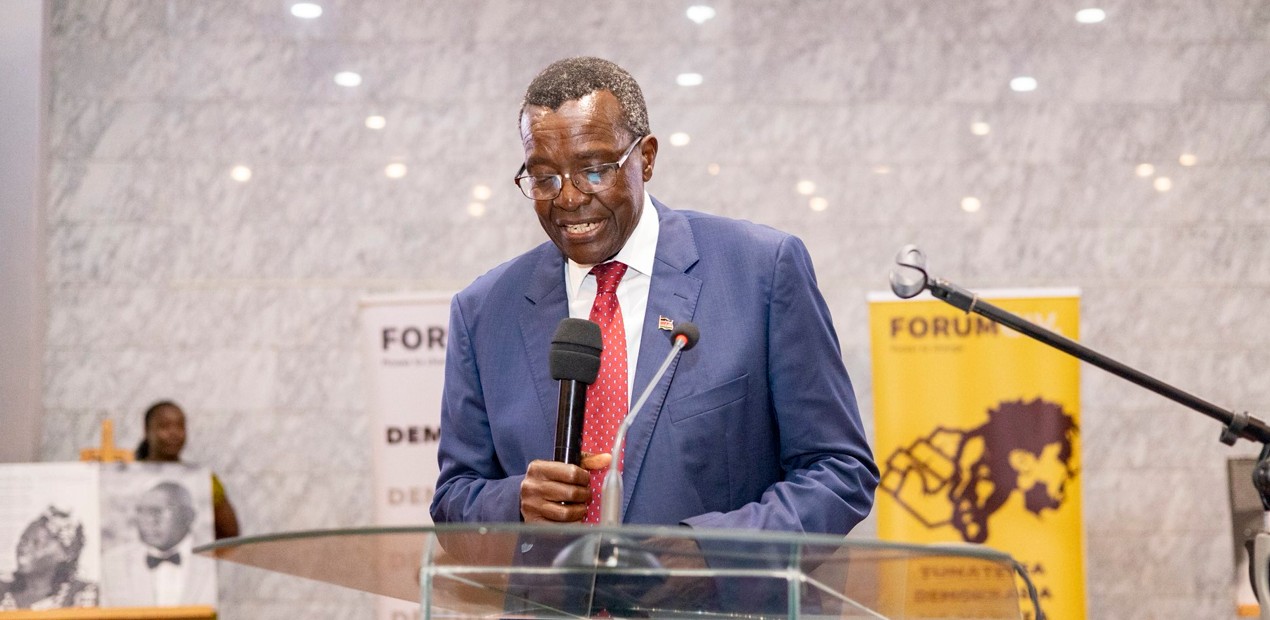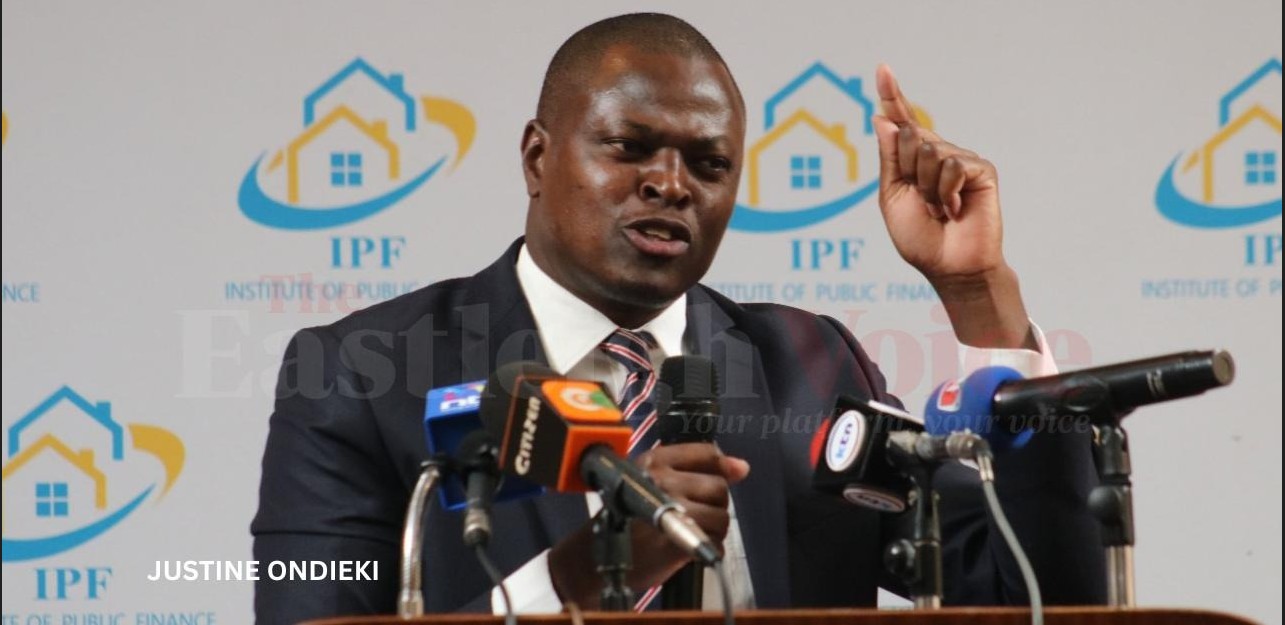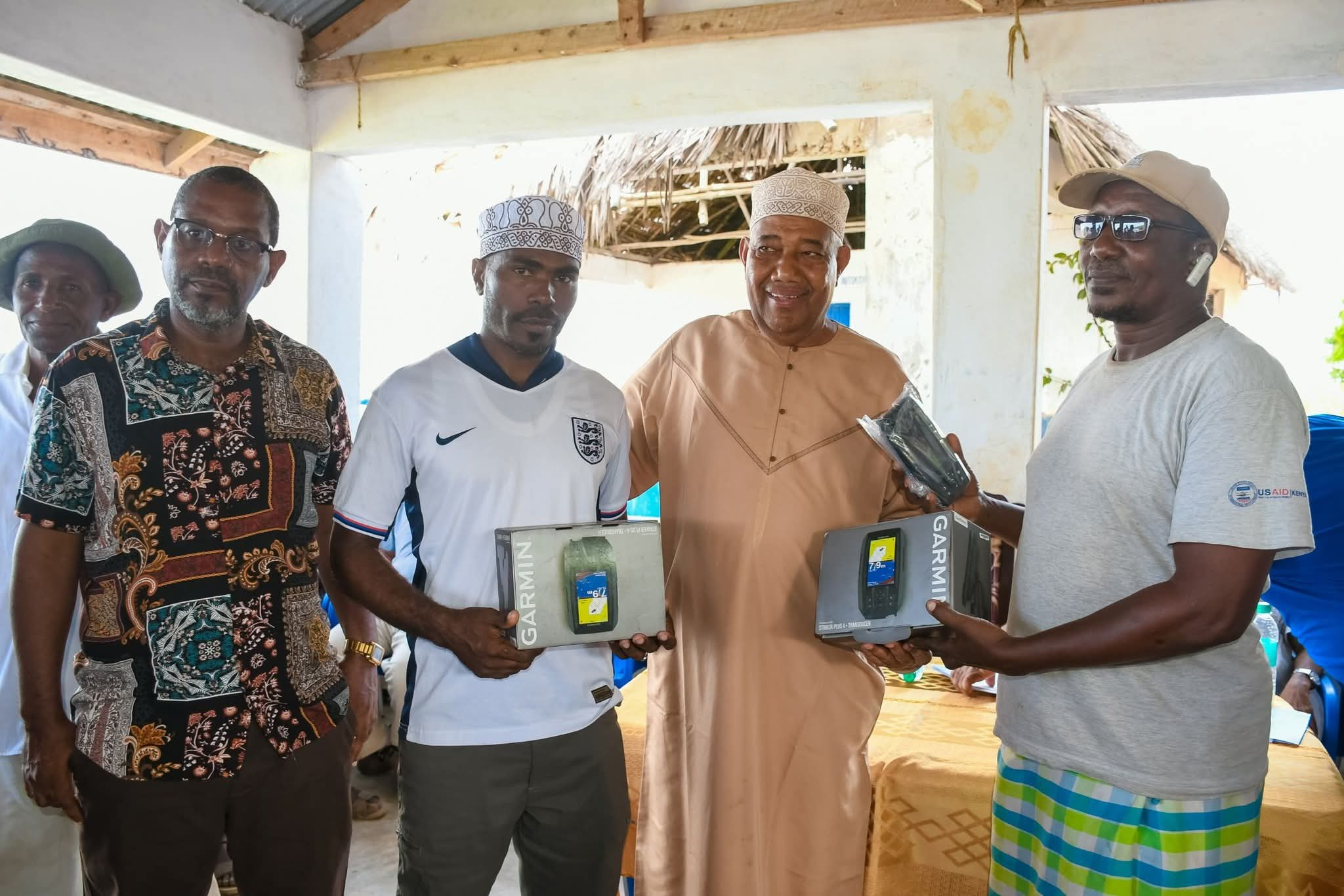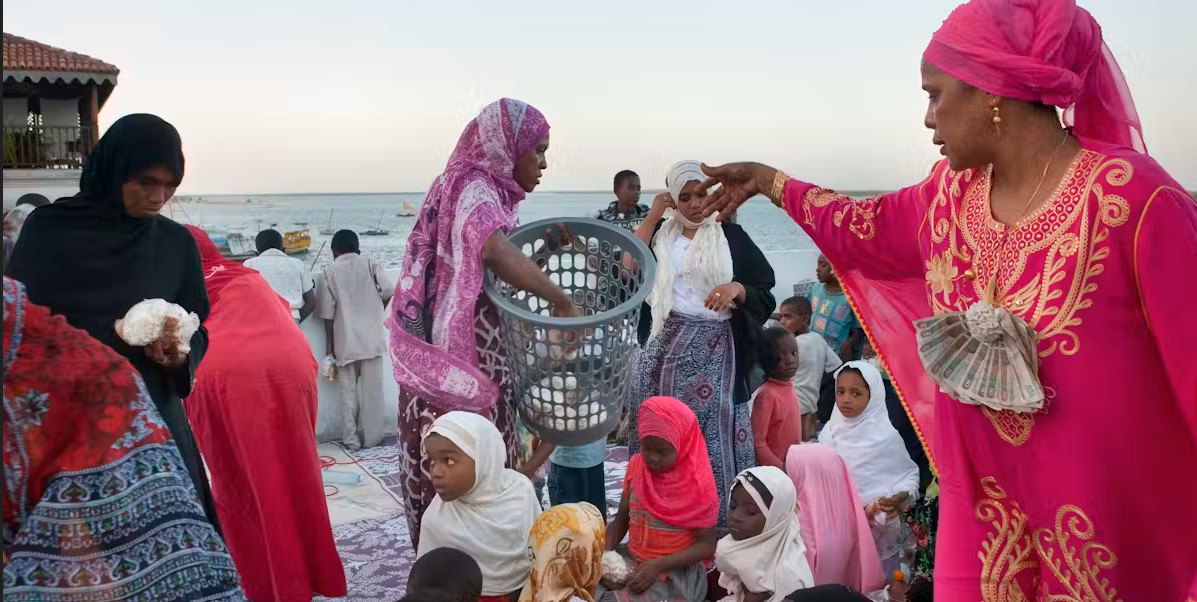Govt raises affordable housing research budget to Sh2.8bn amid credibility concerns
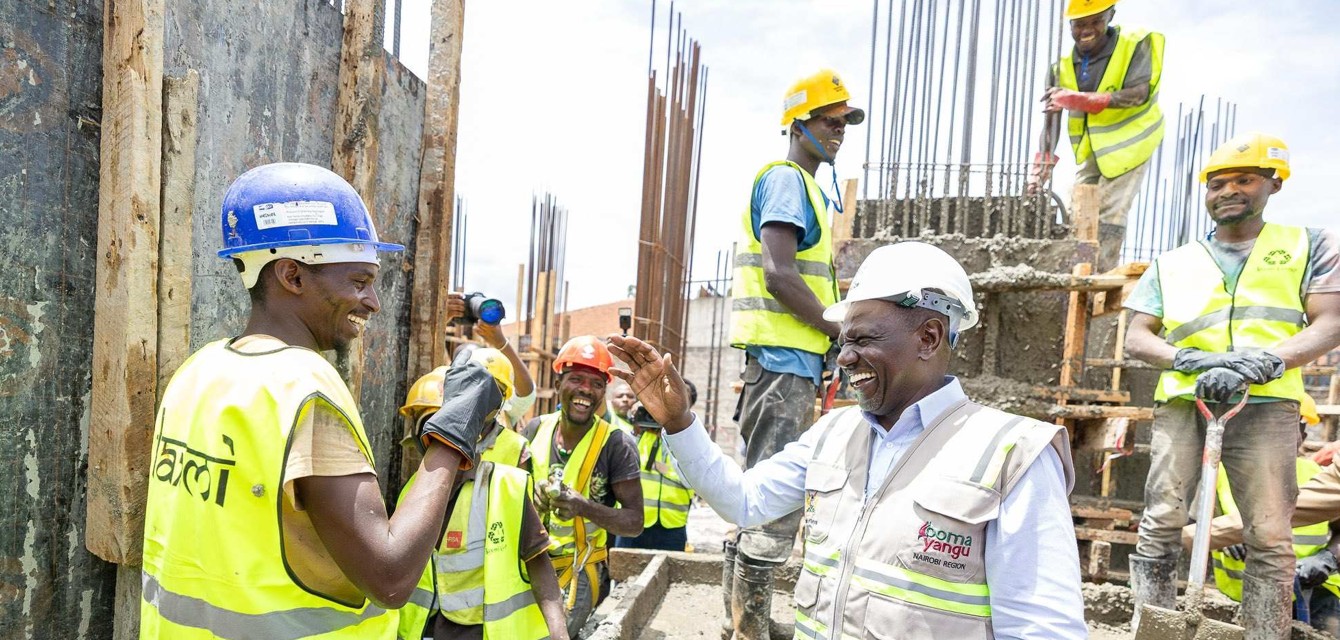
The latest budget allocation, part of a larger Sh119.6 billion for the housing department, includes both recurrent and development costs.
The Kenyan Kwanza government is allocating Sh2.8 billion in the 2025-26 budget to fund research and feasibility studies aimed at advancing its ambitious affordable housing project.
This marks a notable increase of Sh1 billion from the previous financial year, despite mounting concerns over the project’s credibility and slow progress.
More To Read
- Housing levy under fire: Ndindi Nyoro says sector worse off despite billions collected from Kenyans
- Kenya’s property market outpaces global giants in investment gains - report
- Housing levy funds surge to Sh73 billion despite slow project rollout
- Kebs on the spot as MPs order withdrawal of disputed levy regulations
- Garissa artisans equipped for housing project roles in youth job creation push
- Two Kwale County officials summoned for disobeying court order on affordable housing projects
The initiative, which is mainly funded through contributions from salaried employees and their employers, has faced challenges such as a lack of land ownership documents and low public interest in the housing units.
Despite efforts to build affordable homes, the project’s budget has steadily increased over the past years, with little corresponding progress.
Kitutu Chache South MP Anthony Kibagendi has expressed concern over the rising budget for the State Department of Housing, suggesting that the funds might be better utilised in sectors like healthcare, education, and security.
The latest budget allocation, part of a larger Sh119.6 billion for the housing department, includes both recurrent and development costs.
The allocation aims to finance the ongoing housing projects, including those for military, police, and correctional services personnel, as well as student accommodation and private-sector developments.
However, Auditor-General Nancy Gathungu has cast a shadow of doubt over the housing project’s success, citing the absence of land ownership documents for several of the construction sites.
This could significantly hinder the processing of titles for the homes once they are built.
"In the circumstances, it could not be confirmed how the sectional titles would be processed without the original land ownership documents, and this could hinder the affordable houses for the public," she said.
The project, financed by a 1.5 per cent deduction from salaried workers, has raised more than Sh88 billion so far.
However, only a fraction of the people who have registered on the government’s Bomayangu platform have saved significant amounts toward homeownership. By December 2024, over 547,000 people had signed up, but only 52,000 had saved more than Sh2.3 billion in total.
Since President William Ruto’s administration pledged to deliver 250,000 affordable units annually, there has been slow progress, with only 124,000 units completed or in various stages of construction across 37 counties in two years.
The government had hoped to register nearly 600,000 homeowners by next year, but the numbers so far show that only a small portion of Kenyans have made meaningful contributions toward purchasing homes.
The affordable housing project has faced mixed reactions, with some residents sceptical about its future and effectiveness.
Top Stories Today
